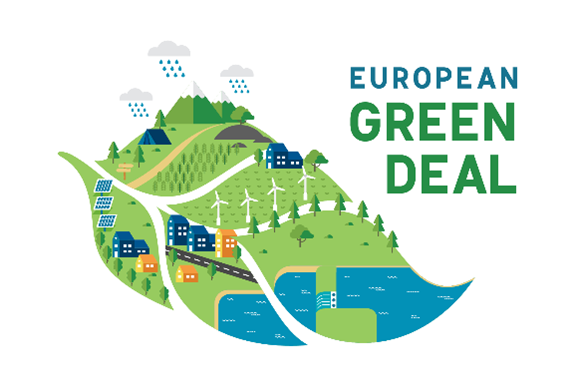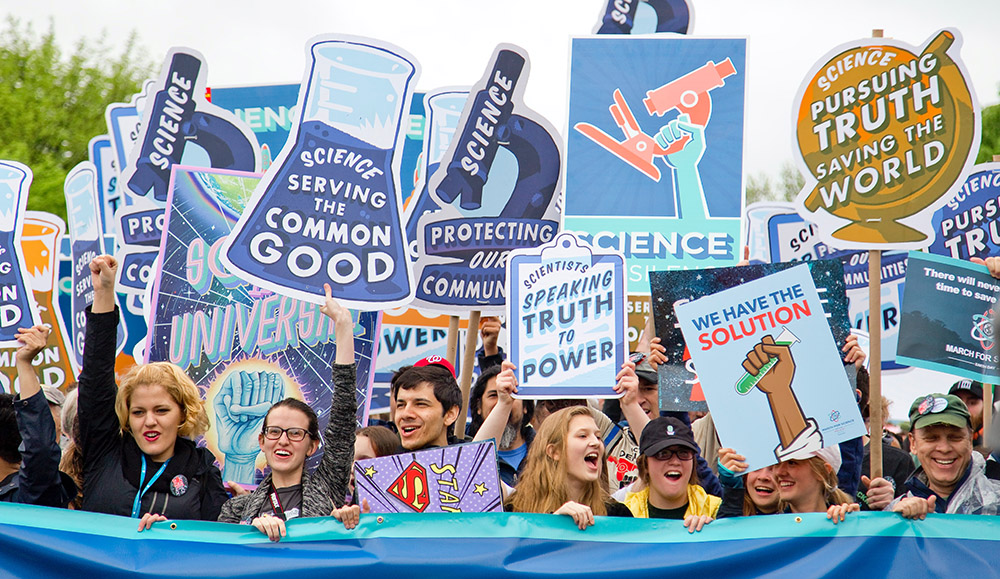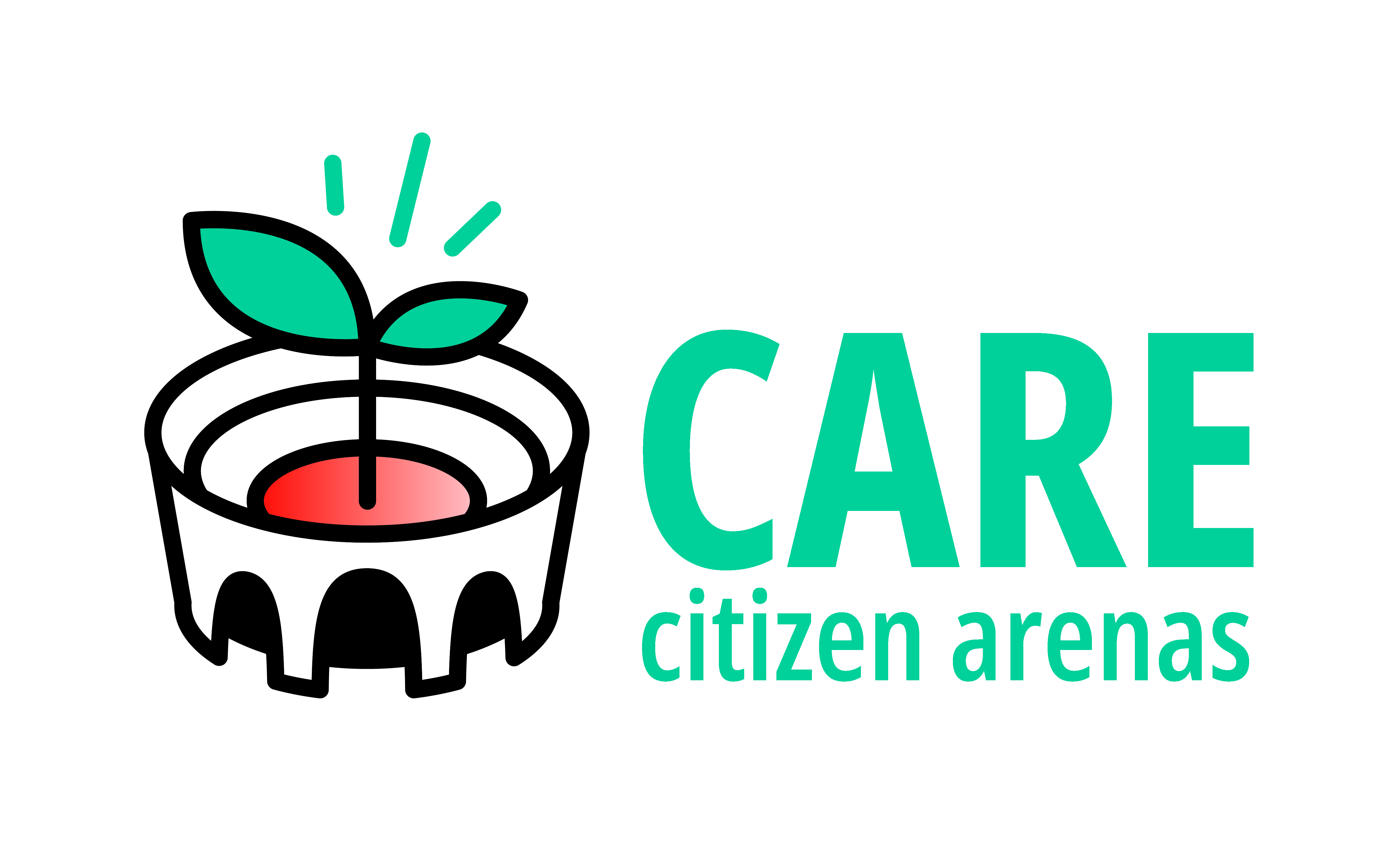
Short Abstract
The European Commission’s Green Deal calls for a sustainable and fair transition for which it is important to keep an informed and empowered society. The European Environmental Agency reports a significant increase of environmental awareness in the last few decades in Europe. However, there is still room for improvement.
The objective of Citizen Arenas for Improved Environmental Quality & Resource use in SMART-ER Cities is to raise citizens’ awareness about environmental challenges and alternative resource management options related to water, biodiversity, waste, air, climate and energy.
Citizen Arenas: An open collaborative forum bringing together citizen and researchers; Enabling co-creation of scientific questions related to air & water quality or energy and waste resources
Citizens will be involved in each step: discussion, definition of research topics, creation of research teams (citizen and researchers), research projects, analysis to final dissemination.
Why is the Citizen Science component of relevance in this project?
The project will cover the Citizen Science 10 principles (ECSA) notably:
- Citizen science projects actively involve citizens in scientific endeavour that generate new knowledge or understanding.
- Citizen science projects have a genuine science outcome.
- Both the professional scientists and the citizen scientists benefit from taking part.
- Citizen scientists may, if they wish, participate in multiple stages of the scientific process.
- Citizen scientists receive feedback from the project.
- Citizen scientists are acknowledged in project results and publications.

What are the regional and global challenges that this project is tackling?
This pilot comprises two types of topical sub-pilots:
- Initiatives that aim to increase environmental awareness by engaging citizens in ‘monitoring’ the local environment, and
- Initiatives that aim to engage citizens in the “exploration” of alternative management options to decrease the use/loss of natural resources.
Intergenerational perspective
The project aims to involve society, in particular younger and older generations, to promote the knowledge and awareness on environmental issues and impacts of climate change during our citizen arenas. Younger generations include school and undergraduate students from the ECIU partners. Older generations include preferably retired people, and whenever possible, those living in nursing homes. By promoting communication between generations, knowledge sharing will be enhanced, especially the sharing of the empirical knowledge of the older generations. This exchange of information will help to obtain new knowledge, which will lead to a better understanding of the environmental contexts and will surely result in a change of behaviour. The acquisition of knowledge and environmental awareness will be assessed at different moments of the sub-pilot (e.g., before and after a given activity) with appropriate assessment scales.
This approach may be explored across the sub-pilots.
Environmental monitoring (Climate, Air and Water quality, Biodiversity)
Air quality
comprises involvement of citizen science in the spatial mapping of pollutants in the urban environment (e.g., ambient and/or indoor NO2, Particulate Matter, Ozone). This will be done using mobile monitoring devices equipped with low-cost gas sensors which are an emerging solution to enhance the spatial coverage of air quality monitoring networks. The real time data will be mapped and provide a better estimate of citizens’ exposure, which can serve as a basis for preventive measures as well as making recommendations for policy makers.
Climate
Citizens sense climate impacts in the urban environment. In this sub-pilot, the focus is on urban heat and involves both individual reported observations, for example by means of a mobile app, that allows citizens to report on the climate impact, and add text and images of what they observe, as well as indicate their level of comfort, but also facilitates access to local sensors set up in the urban environment, that measure temperature, air pressure and humidity. Citizens can thus explore and validate sensor data, adding contextual information. Outcomes will both contribute to citizen awareness of climate impacts and have potential to increase urban climate resilience by contributing local data and observations for urban planning.
Water quality
We focus on how we can enable citizens to embrace monitoring their local area by providing training in small groups. The local outcome is a combined effort – from the data obtained, to inform local policy makers and to understand how we can better manage water quality and quantity. Citizens will be invited to monitor their local water body for nutrients (phosphate and nitrate), to observe litter on the water or local area, and to observe water quality like algae, scum, turbidity. The data will be gathered in real time, GEO positioned and included on a map that – over the course of the pilot will be fed back to those involved and to the wider community to demonstrate the value in citizen engagement, planned activities, data collection and feedback.
Biodiversity
citizens will be involved in biodiversity monitoring actions with a special focus on school students. Engagement and awareness activities will be carried out followed by a citizen science approach. A prior ecological contextualization of the target group biodiversity, namely regarding the impacts from climate changes, will be provided by researchers through face-to-face or virtual sessions. A gaming co-creation approach will also be explored. Topics to explore include: 1) Phytoplankton; 2) Invertebrates; 3) Vertebrates and 4) Plants. Observation, sampling, georeferentiation and photographic/video register will be done in all selected sites, which can include gardens, small lakes, rivers, mudflats or coastal rocky shores. Outputs may include the involvement of citizen sciences in workshops, talks and seminars with the involved researchers and creation of their own digital games and short videos inspired by biodiversity and supported by experts’ knowledge and elderly experience.
Resource Management (Water, Energy, Food and Waste)
Energy and Water Use
this pilot will focus on the measurement and analysis of water and energy use and in raising the awareness of younger citizens about the environmental consequences of the use of water and energy. We will deal with issues like the power of choosing utility providers, best personal practices and opportunities for innovative technologies and organisational structures. We will begin by monitoring energy and water use and installing metres/sensors for energy use devices (computers, heaters, etc) and water use (showers, washing machine, etc). Citizens will report their estimated water and energy consumption then compare it with the actual monitored data. We will then calculate consumption patterns, analyse their environmental impacts and propose best practices.
Waste recovery
this pilot aims to make citizens aware that food is a major contributor to household solid waste and that solid waste does not “disappear” and need treatment and if possible recovery. This pilot will make citizens conscious of their main role in household food management, waste generation and possibilities to separate waste to allow its use as new sources of materials. It also has the goal for the citizens to be aware of their impact on climate by the generation of greenhouse gases associated with organic waste treatment. Citizens will be involved in their own organic waste management and receive compensation in the form of bioproducts that can be used immediately, and the possibility of a tax reduction can be explored. In the self management of unavoidable food waste, the engagement of the citizens is mandatory, so information campaigns and continuous support would be necessary. As a consequence, more resilient and self-sufficient communities will emerge from this strategy. The participation of citizens can be improved by specific experiments on how to manage food preservation and where the behaviour of new materials such as compostable bioplastics, biodegradable diapers, biodegradable cutlery, etc. will be assessed.
Tematic sub-pilots will be implemented in locations. We plan to have a local leader for each of the locations to manage ECIU citizen-researcher multidisciplinary teams on: Air, Water, Climate, Biodiversity, Energy & Waste. In one location more than one thematic sub-pilot can be run and sub-pilots will involve multiple partners. Citizens will be engaged through community groups in local regions around a common scientific question in each sub-pilot. The SMART-ER website (https://www.csinitiative.eu/) will be used as the main link, the main connection tool with the citizen arenas and between all participants of this project.



